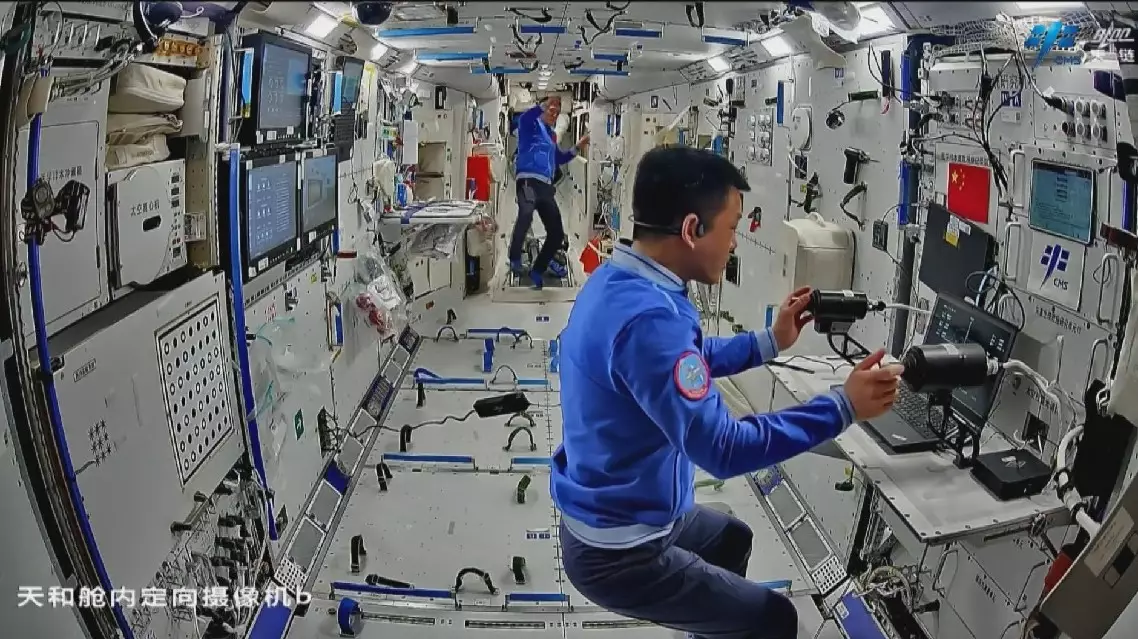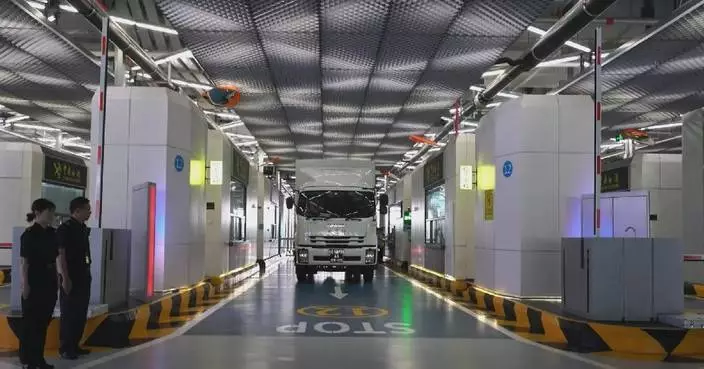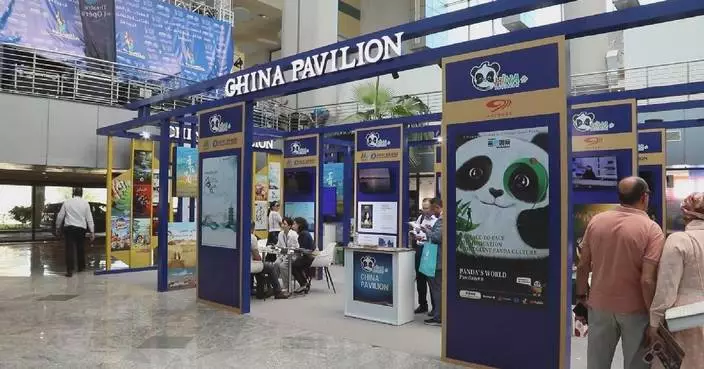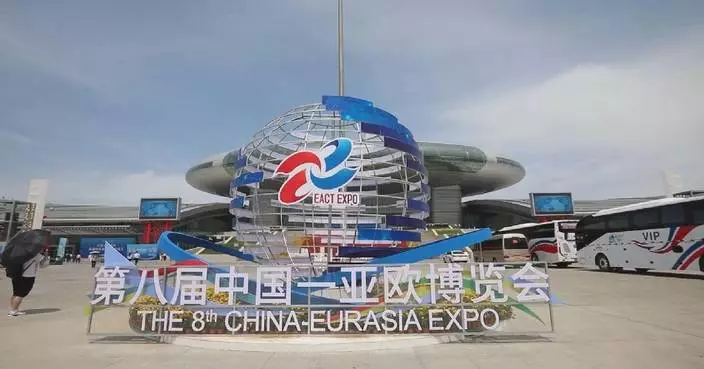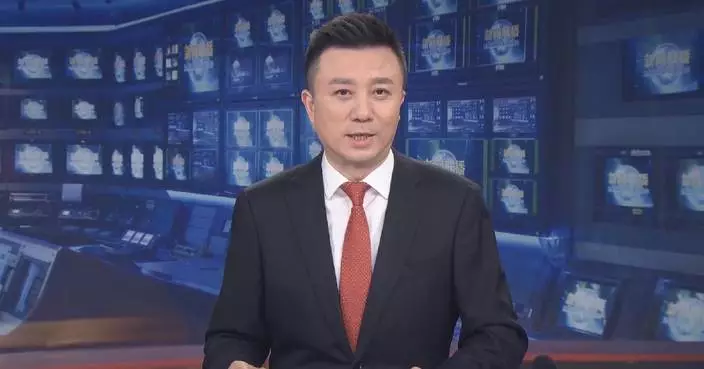Chinese President Xi Jinping attended and delivered an important speech at the Conference Marking the 70th Anniversary of the Five Principles of Peaceful Coexistence on Friday in Beijing.
In the course of the modern history of human society, handling well state-to-state relations, jointly maintaining world peace and tranquility, and promoting development and progress for humanity have always been big topics on the minds of all nations, Xi said.
Seventy years ago, national independence and liberation movements swept across the globe, and the colonial system around the world crumbled and collapsed, and at the same time, the world was overshadowed by the dark clouds of the Cold War and menaced by the rampant clamors that "might is right," while newly independent countries aspired to safeguard their sovereignty and grow their national economy, said Xi.
The Chinese leadership specified the Five Principles in their entirety for the first time, namely, mutual respect for sovereignty and territorial integrity, mutual non-aggression, mutual non-interference in each other's internal affairs, equality and mutual benefit, and peaceful coexistence, and included the Five Principles in the China-India and China-Myanmar joint statements, which jointly called for making them basic norms for state-to-state relations, Xi said.
Over the past 70 years, the Five Principles of Peaceful Coexistence have transcended time and space and overcome estrangement, showing robust resilience and everlasting relevance, and they have become open, inclusive, and universally applicable basic norms for international relations and fundamental principles of international law, making indelible historic contributions to the cause of human progress, said Xi.
Xi added that they have set a historic benchmark for international relations and international rule of law, and served as the prime guidance for the establishment and development of relations between countries with different social systems.
They have been a powerful rallying force behind the efforts of developing countries to pursue cooperation and self-strength through unity, and they have contributed historic wisdom to the reform and improvement of the international order, said the president.
Seventy years later today, challenged by the historic question of "what kind of world to build and how to build it," China has answered the call of the times by proposing a community with a shared future for mankind, said Xi.
Noting that the vision of building a community with a shared future for mankind carries forward the same spirit of the Five Principles of Peaceful Coexistence, Xi said the vision of building a community with a shared future for mankind is the most effective move to sustain, promote and upgrade the Five Principles of Peaceful Coexistence in the new circumstances.
Xi said the vision captures the reality that all countries have a shared future and intertwined interests, and sets a new model of equality and coexistence for international relations, noting that the vision responds to the world's prevailing trend of peace, development, cooperation and win-win, and opens up new prospects for peace and progress, while keeping pace with the historic trend toward multipolarity and economic globalization, and inspiring new ways to achieve development and security.
"At this historic moment when mankind have to choose between peace and war, prosperity and recession, unity and confrontation, we must champion more than ever the essence of the Five Principles of Peaceful Coexistence, and we must always strive tirelessly for the lofty goal of building a community with a shared future for mankind," Xi said.
The president put forward a six-point proposal:
-- Upholding the principle of sovereign equality. An equal and orderly multipolar world means every country can find its place in a multipolar system and play its due role pursuant to international law, so that the process of multipolarization is stable and constructive on the whole.
-- Cementing the foundation of mutual respect. Countries should show respect for each other's core interests and major concerns, and for the development paths and systems independently chosen by people of all countries, jointly uphold the "golden rule" of non-interference, and jointly oppose acts of imposing one's will on others, stoking bloc confrontation, creating small circles, and forcing others to pick sides.
-- Turning the vision for peace and security into reality. All countries must shoulder their common responsibility for peace, and commit to a path of peaceful development. They must work together to seek peace, safeguard peace, and enjoy peace. The China-proposed Global Security Initiative strives to achieve development and security through cooperation, and put in place a more balanced, effective and sustainable security architecture.
-- Uniting all forces to achieve prosperity. China has been advocating a universally beneficial and inclusive economic globalization, promoting high-quality Belt and Road cooperation, and endeavoring to deliver on the Global Development Initiative, so as to help all nations share development fruits and encourage common development and prosperity.
-- Committing to fairness and justice. China advocates the vision of global governance featuring extensive consultation and joint contribution for shared benefit, and China believes in true multilateralism. China's goal is that international rules should be made and observed by all countries, and world affairs should be handled through extensive consultation.
-- Embracing an open and inclusive mindset. The Global Civilization Initiative proposed by China is aimed at increasing understanding and friendship among peoples and promoting tolerance and mutual learning among civilizations. The world is big enough to accommodate the common development and common progress of all countries. It is entirely possible for different civilizations to prosper together and inspire each other through mutual learning on an equal footing.
Xi said the past 70 years have proved time and again that an effective way for countries to meet challenges together and create a better future is to enhance unity, cooperation, communication and understanding. Of all the forces in the world, the Global South stands out with a strong momentum, playing a vital role in promoting human progress, Xi said, adding that standing at a new historical starting point, the Global South should be more open and more inclusive, and join hands together to take the lead in building a community with a shared future for mankind.
Together, countries should be the staunch force for peace, promoting peaceful settlement of international disputes, and participating constructively in the political settlement of international and regional hotspot issues, said Xi.
Together, countries should be the core driving force for open development, restoring development as the central international agenda item, reinvigorating global partnerships for development, and deepening South-South cooperation as well as North-South dialog, said Xi.
Together, countries should be the construction team of global governance, actively participating in reforming and developing the global governance system, expanding the common interests of all sides, and making the global governance architecture more balanced and effective, Xi said.
And together, countries should be the advocates for exchange among civilizations, enhancing inter-civilization communication and dialog, and strengthening experience sharing on governance, while deepening exchanges in education, science, technology and culture as well as subnational, people-to-people and youth interactions, said Xi.
To better support Global South cooperation, Xi announced that China will establish a Global South research center, provide 1,000 scholarships under the Five Principles of Peaceful Coexistence Scholarship of Excellence and 100,000 training opportunities to Global South countries in the coming five years, and will also launch a Global South youth leaders program.
China will continue to make good use of the China-U.N. Peace and Development Fund, the Global Development and South-South Cooperation Fund, and the Climate Change South-South Cooperation Fund, and will work with interested parties to set up a tripartite center of excellence for the implementation of the Global Development Initiative, said Xi, noting the country will renew the China-IFAD South-South and Triangular Cooperation Facility.
China is ready to discuss free trade arrangements with more Global South countries, continue to support the WTO's Aid for Trade initiative, and renew its contribution to the WTO's China Program, said Xi, adding that China welcomes more Global South countries to join the Initiative on International Trade and Economic Cooperation Framework for Digital Economy and Green Development.
Noting that the Five Principles of Peaceful Coexistence have been written into China's Constitution long before, and are the bedrock of China's independent foreign policy of peace, Xi said that China's resolve to stay on the path of peaceful development will not change, the country's resolve to develop friendship and cooperation with all countries will not change, and its resolve to promote common development across the world will not change.
China will continue to champion the Five Principles of Peaceful Coexistence, work with all countries to build a community with a shared future for mankind, and make new and greater contributions to safeguarding world peace and promoting common development, said Xi.
"Today, the historic baton of advancing world peace and development has been passed to our generation. Let us take the 70th anniversary of the Five Principles of Peaceful Coexistence as a starting point, shoulder the historic missions, and forge ahead together to build a community with a shared future for mankind and usher in an even better future for humanity," said Xi.
Chinese Premier Li Qiang presided over the conference which was attended by around 600 people.
Former leaders of countries including Nong Duc Manh, former General Secretary of Communist Party of Vietnam Central Committee; former Myanmar President U Thein Sein; former Brazilian president and current President of New Development Bank Dilma Rousseff; former South African President Kgalema Motlanthe; former Ethiopian President Mulatu Teshome; former Sri Lankan President Gotabaya Rajapaksa; former President of Guyana Donald Ramotar; former Slovenian President Danilo Turk; former Croatian President Ivo Josipovic; leader of the Party of Socialists of the Republic of Moldova and former President of Moldova Igor Dodon; former Japanese Prime Minister Yukio Hatoyama; former Italian Prime Minister Massimo D'Alema; former French Prime Minister Dominique de Villepin; former South Korean Prime Minister Lee Hae-chan; former Prime Minister of Egypt Essam Sharaf; former Prime Minister of Kyrgyzstan Kubatbek Boronov as well as representatives of international and regional organizations, diplomatic envoys from more than 100 countries, Chinese and foreign experts and scholars, and media and business representatives attended the conference.
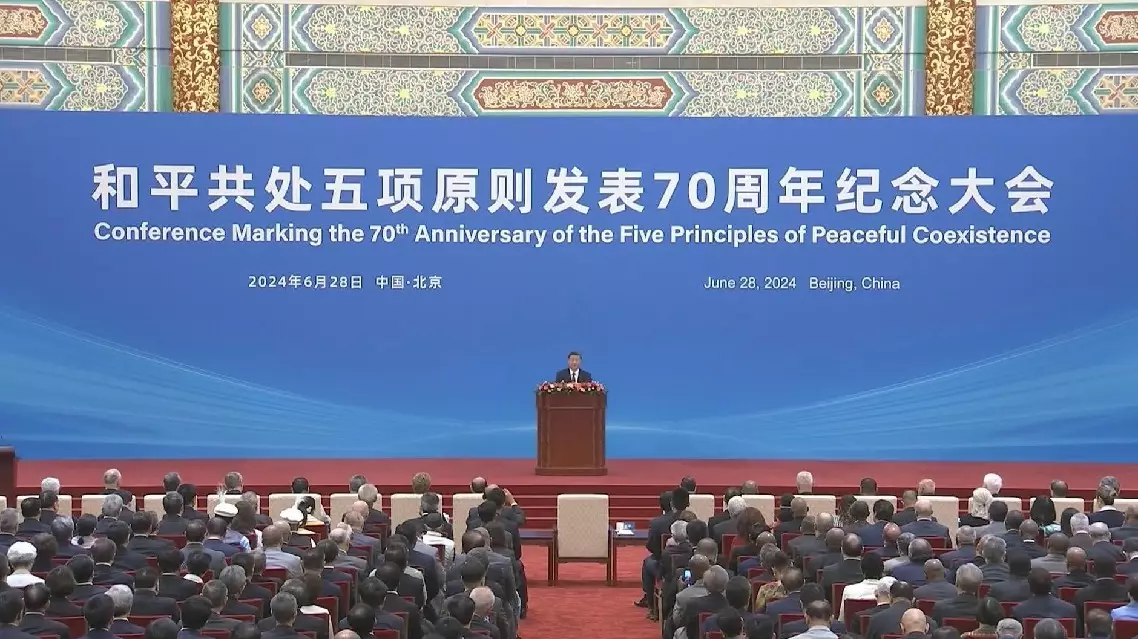
Xi addresses conference marking 70th anniversary of Five Principles of Peaceful Coexistence
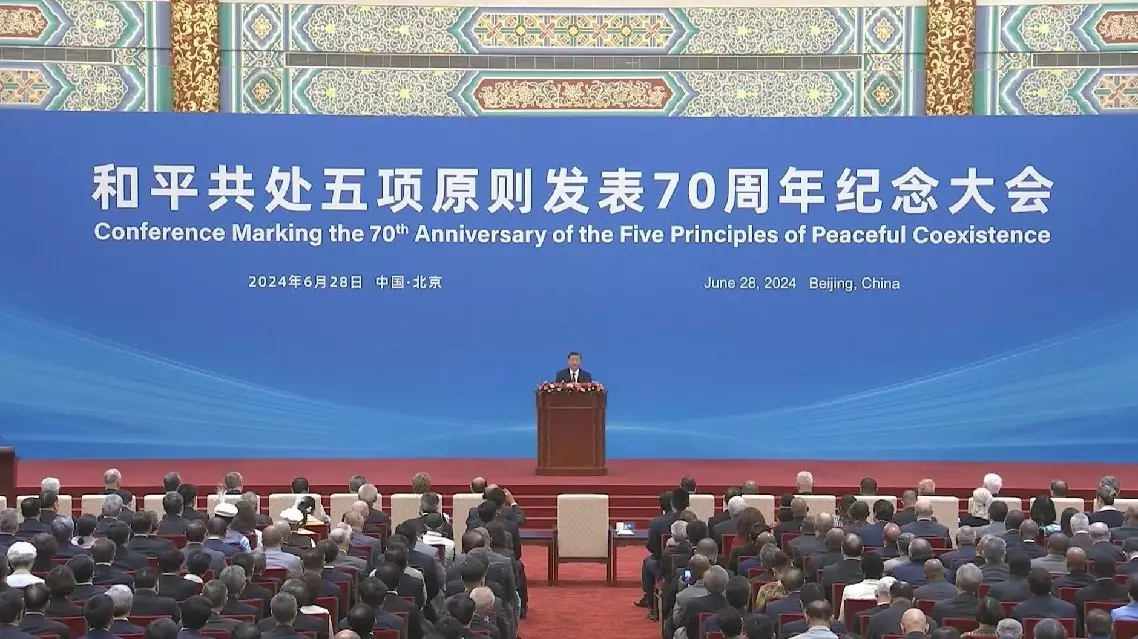
Xi addresses conference marking 70th anniversary of Five Principles of Peaceful Coexistence
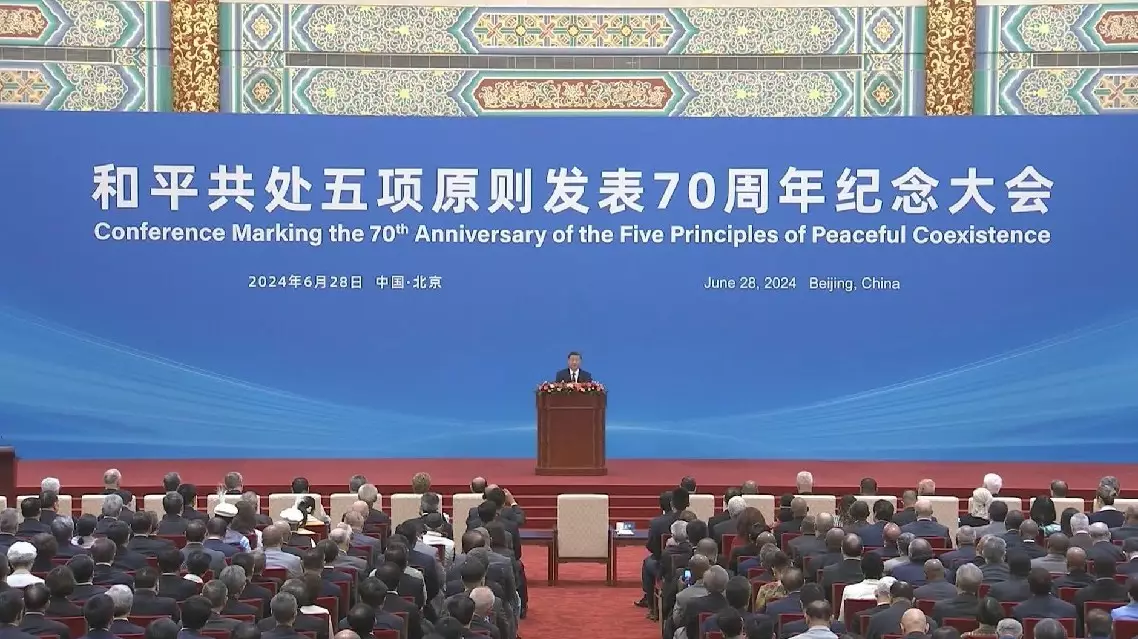
Xi addresses conference marking 70th anniversary of Five Principles of Peaceful Coexistence
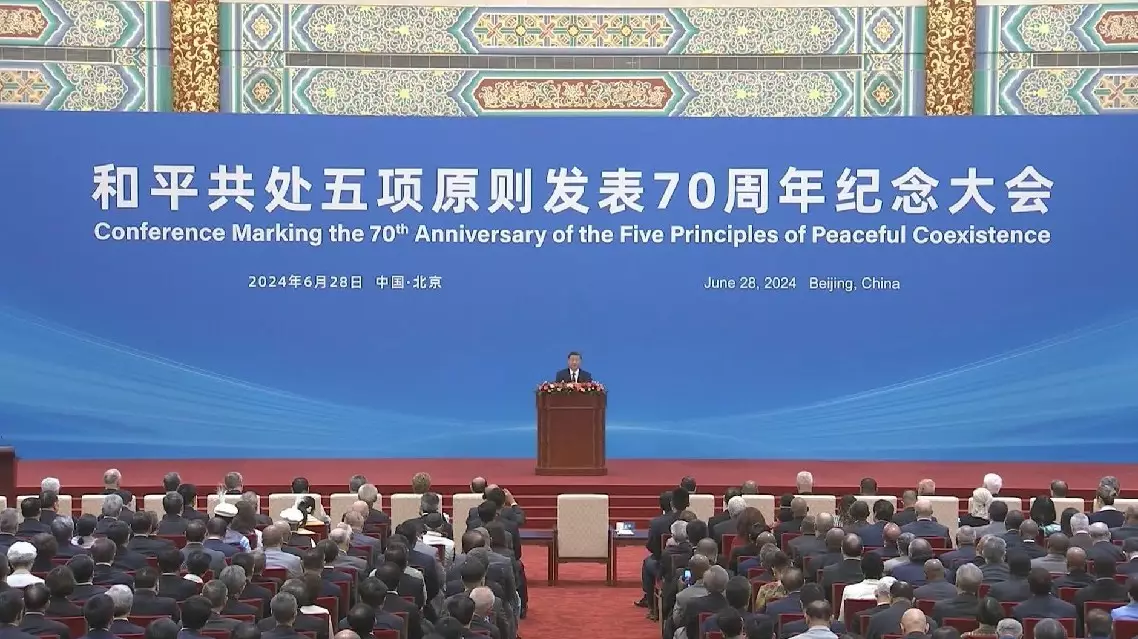
Xi addresses conference marking 70th anniversary of Five Principles of Peaceful Coexistence


